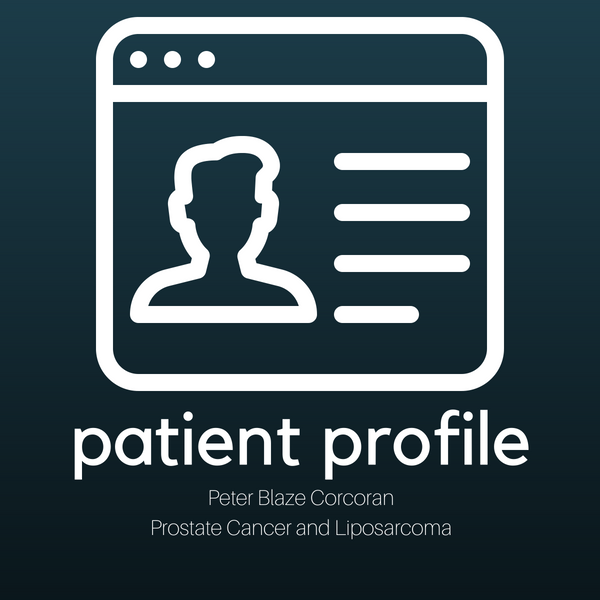Building a Relationship With Your Prostate Cancer Healthcare Team
Building a Relationship With Your Prostate Cancer Healthcare Team from Patient Empowerment Network on Vimeo.
Who are the potential members of your prostate cancer team? This animated video reviews the key providers who may be involved in your care and provides tools for confidently communicating with team members.
See More From Shared Decision Making: Navigating Prostate Cancer Care
Related Resources:

|

|

|
Transcript:
Niki:
Hi, I’m Niki, and I’m a prostate cancer nurse practitioner. And this is Anthony, who is living with prostate cancer. Thanks for joining us!
[Disclaimer on screen: Patient experience depicted in this video is fictional.]
Anthony:
In this video, we’re going to walk you through the members of your prostate cancer healthcare team – and share tips for building strong relationships and communicating more effectively.
Niki:
When it comes to prostate cancer, you need a team that collaborates on all aspects of your care. And it’s vital that you utilize ALL the members. After all, they are there to help you.
So, who IS on your team?
There are several different providers who may be involved with your prostate cancer diagnosis and care:
- Let’s start with a urologist. This is a doctor who specializes in the male reproductive organs and can perform prostate cancer surgery. Some are also trained oncologists – urologic oncologists – who are specially trained in cancer.
- Then there could be a radiation oncologist. This team member specializes in treating prostate cancer with radiation.
- Next, there may also be a medical oncologist. This is a physician who is trained in non-surgical prostate cancer approaches, such as hormonal therapy and chemotherapy.
- And, finally, your primary care physician should also be kept in the loop.
Anthony:
And beyond your doctors, there is a whole team of supportive professionals to help you along the way. For instance:
- A nurse like Niki can provide you with information to help with decisions and share advice for managing day-to-day issues, including symptoms and side effects. You may also want to work with a nurse navigator, who is specially trained to help guide you through your cancer care.
- A social worker can help you navigate the details of your care and suggest support resources for you and your family.
- And a palliative care specialist can work with you on helping to relieve symptoms, pain, and even stress-related issues like anxiety and depression.
Niki:
There are several other team members you can rely upon, including:
- A pharmacist, who can dispense prescription medications and inform you of their use and potential side effects.
- A genetic counselor, who has special training in helping patients understand their genetic testing options and the potential impact of the results.
- And don’t forget mental health professionals. Treating your mental health is just as important as treating the prostate cancer itself.
Anthony:
Exactly. I struggled emotionally when I was diagnosed, so I reached out to the social worker, who connected me with a counselor and support groups. Seeing a professional and joining a group made feel less alone and more hopeful.
Niki:
And last, but not least, a care partner or loved one is another core member of your team.
Anthony:
Absolutely! Whether it’s a friend or family member, having someone with you at appointments or to talk about your options is beneficial.
Now that you know who may be on your team, let’s talk about strengthening communication. By communicating effectively, you can learn about your disease and become an active partner in care decisions. Here are a few tips to help you:
- First, make sure everyone on your team is aware of your care goals.
- And bring someone to appointments to help you write down important information and make sure to request post-visit summaries to help you retain the information.
- Ensure you have access to your patient portal and use the messaging service to communicate directly with your team members. Ask follow-up questions about your appointment if necessary.
- Finally, it’s essential to speak up in appointments. Your team wants to hear your questions and know how you are doing. It could help them adjust your care plan.
Niki:
Thank you for joining us – we hope you feel more empowered! And remember to download the guide that accompanies this video to review what we discussed.










